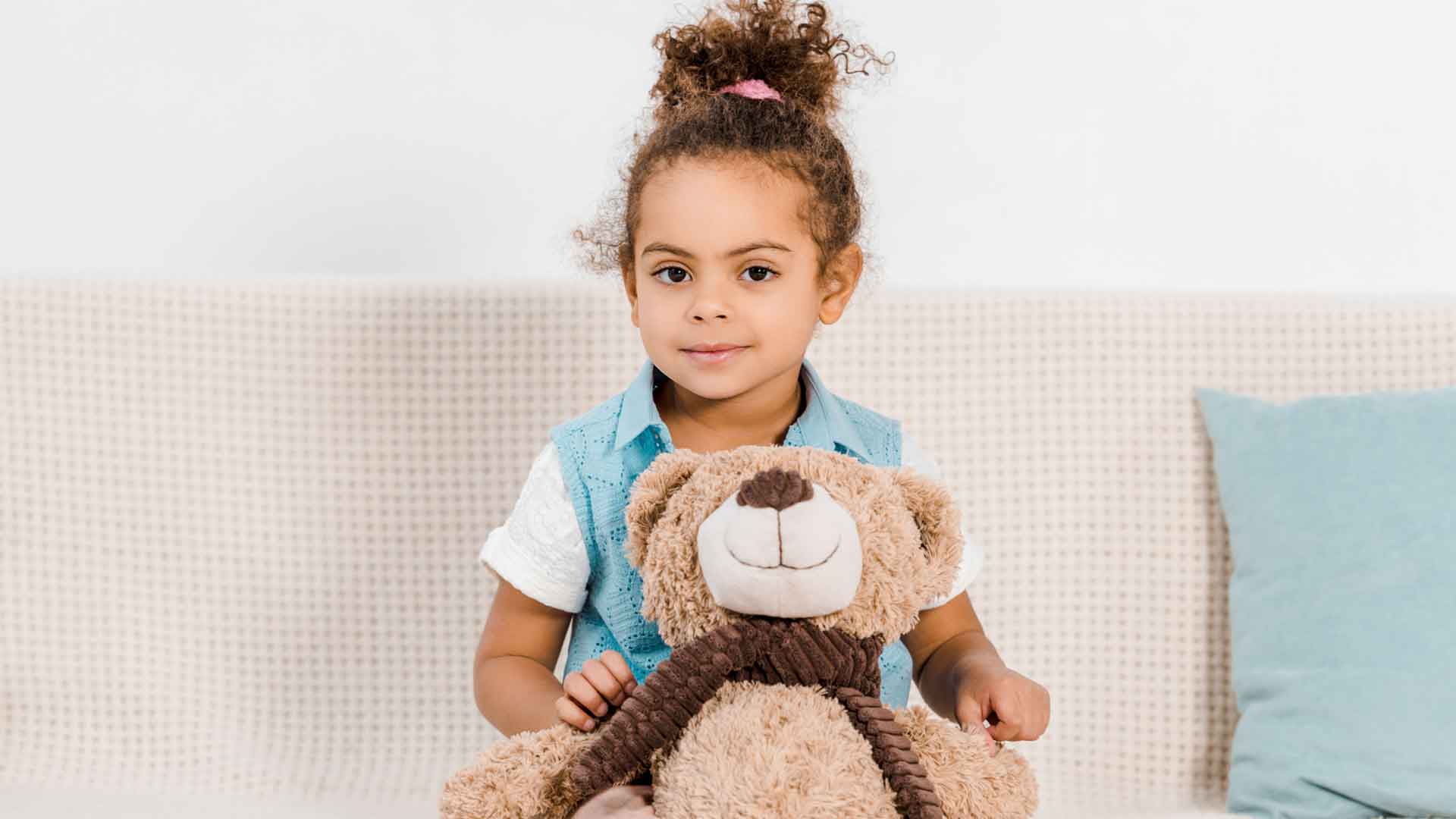
How EMDR Therapy Can Be Helpful for Children
The process for doing EMDR with children is different than with an adult. Additionally, it can require more preparation than regular play therapy.

The process for doing EMDR with children is different than with an adult. Additionally, it can require more preparation than regular play therapy.

Somatic processing is based on the idea that the body knows how to heal from the trauma it has experienced.
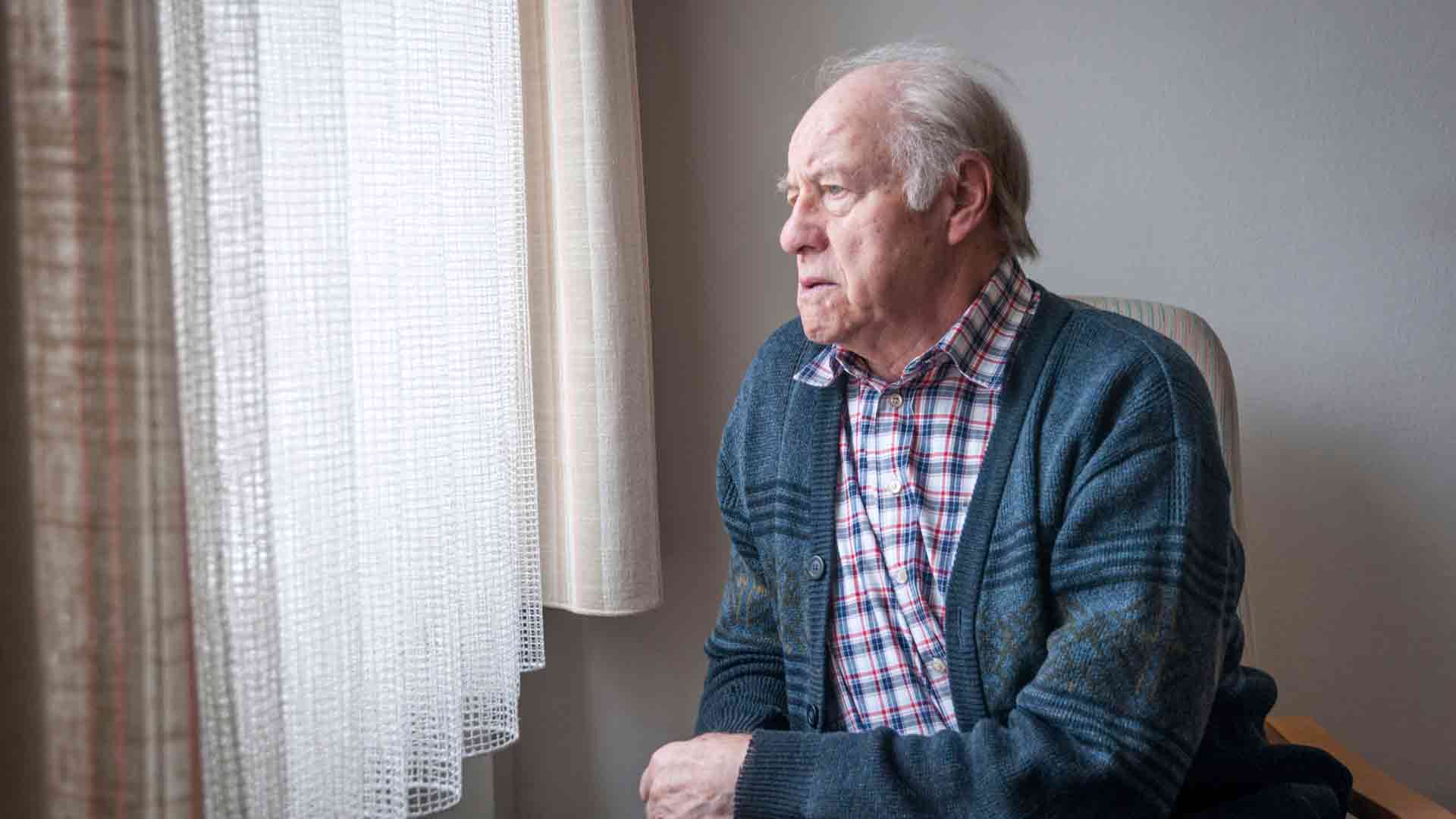
According to the CDC, 8 out of 10 reported deaths attributed to COVID-19 have been among the population of older adults. This includes anyone ages 65 and up. Anyone in this age group watching the pandemic unfold may be experiencing anxiety about contracting the virus.

Managers should be supporting employees in finding a healthy work-life balance, something that will likely be a struggle for many people, as these lines have been very much blurred throughout COVID-19.

It takes a lot of work to rewire the brain for safety and to challenge past circumstances.
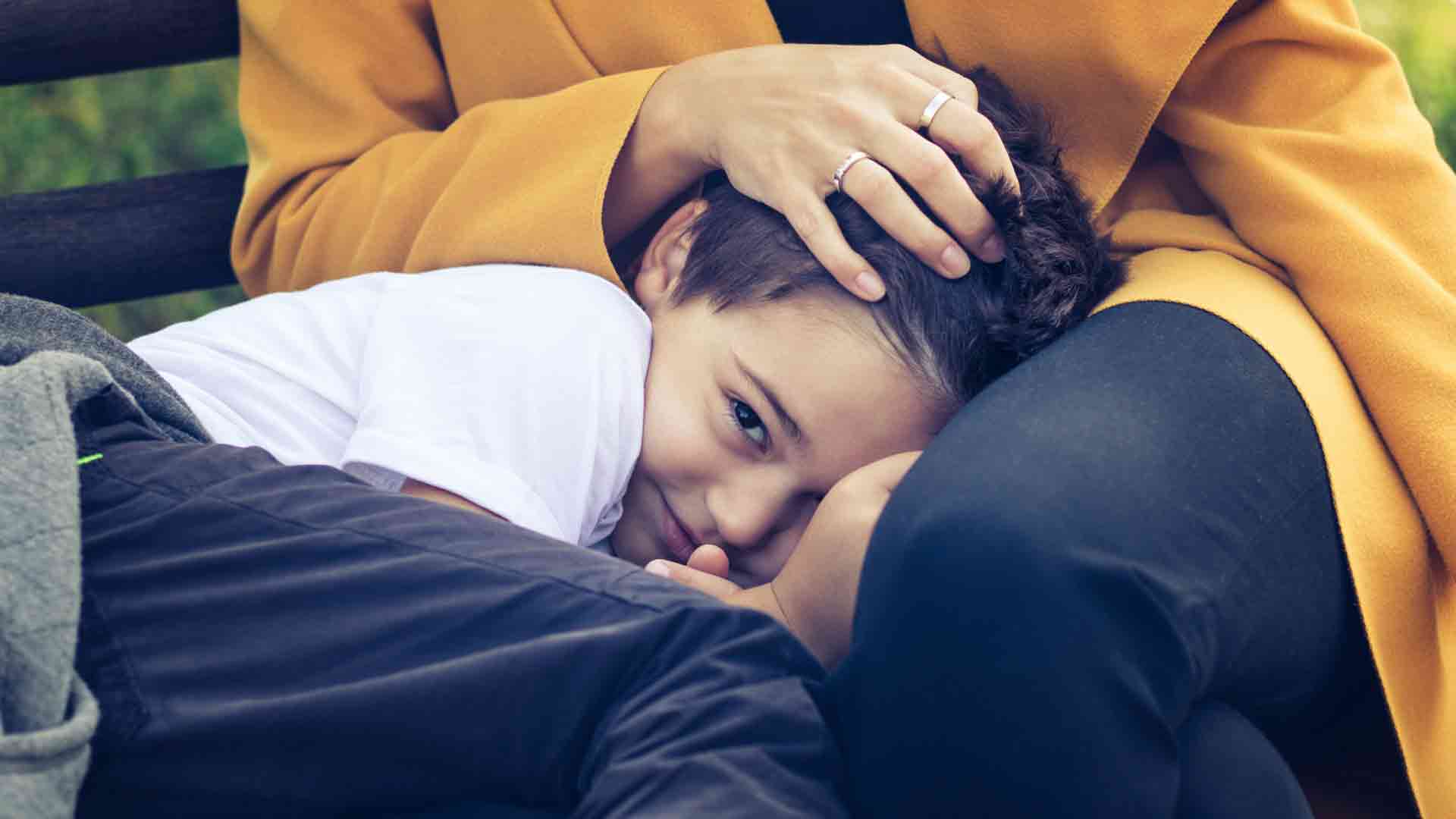
As parents, we love our children and want the best for them, but we aren’t superhuman. Allow a professional to help them explore some of their feelings about COVID-19.
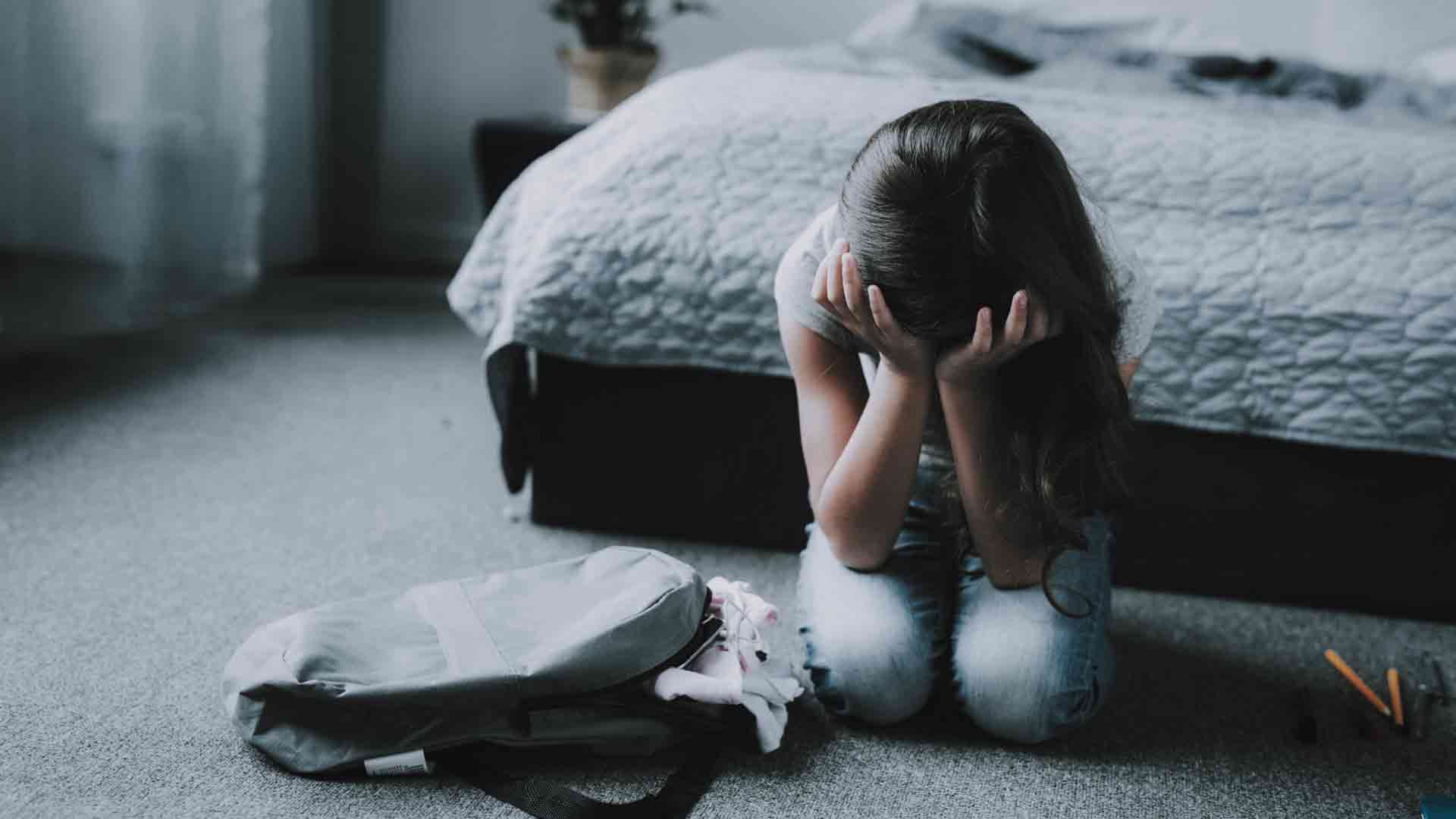
Children, by nature, are very vulnerable. Therefore, they are very reliant on the adults in their lives to help them. This makes them more susceptible to abuse.
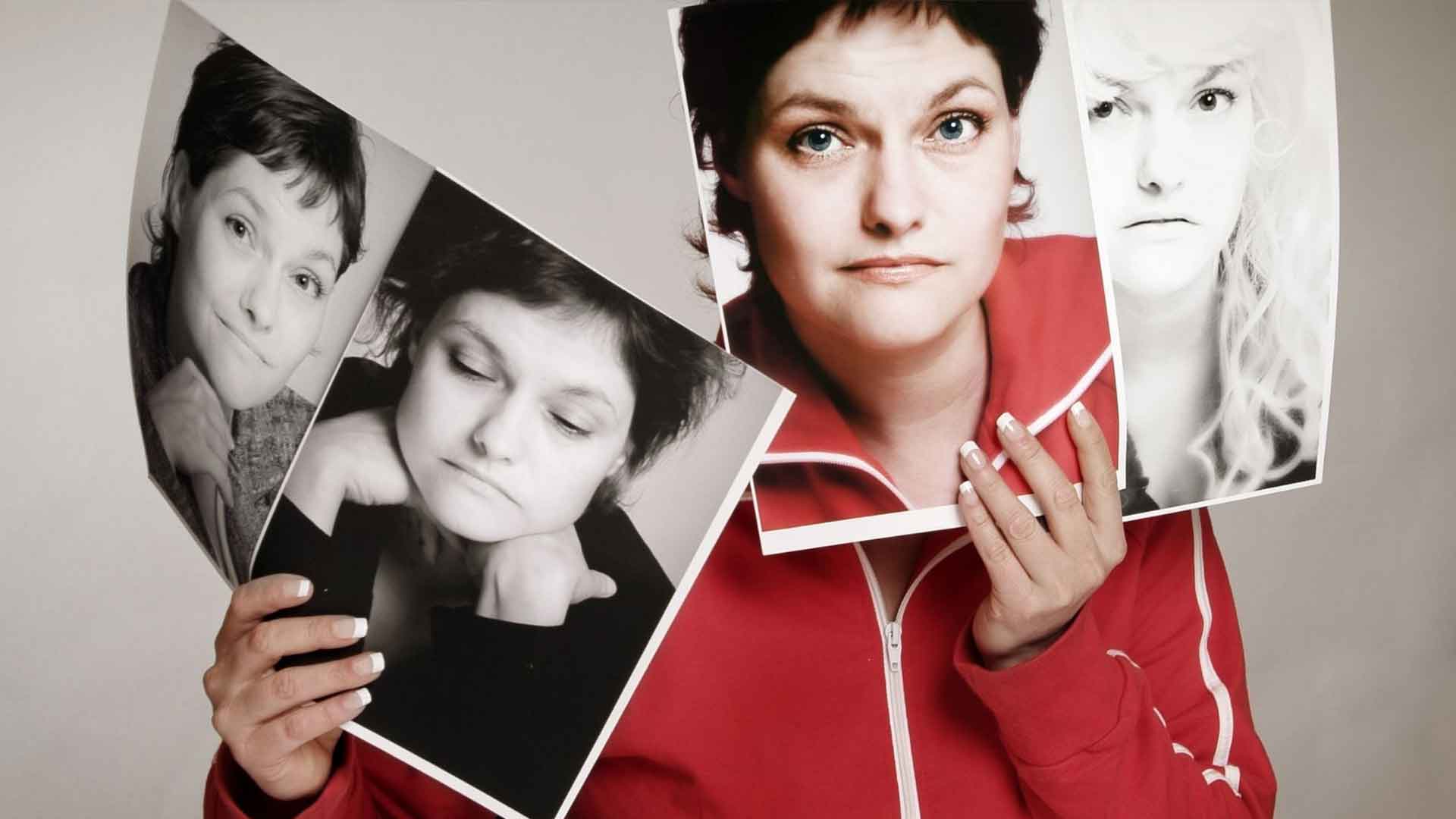
When trauma happens, especially to a child, it is natural for them to envision it as happening to someone else. This is where dissociation comes in. The brain learns that when there is a negative feeling, thought, or event, it can cope by creating distance. Individuals with DID use this emotional and physical distance to get through traumatic experiences.

Children are resilient. If they experience a traumatic event, it does not mean they have to be affected now or later in life. They can recover. It is important to recognize the signs of mental health problems and try to get your child help before these events impact them even more.

When people are faced with intense mental distress, the result can be hard to predict. In some cases, emotional suffering can lead to self-harm. One common example of this is cutting. It is important to note that self-harming is distinct from attempting suicide, or even feeling suicidal.
Feeling Safe
I feel safe at CFS. I know the staff is professional and understanding and that my thoughts and feelings will be heard and are valid.
Building Strength
My treatment at CFS has helped me find the ability to continue on through a horrible time. The office staff always greets me with a smile, that’s great.
Embrace New Ideas
It’s great to have someone to talk through my thoughts and feelings with — to get things out into the universe and have a neutral party help me learn how to process, try new things, embrace different ideas.
© 2024 Covenant Family Solutions